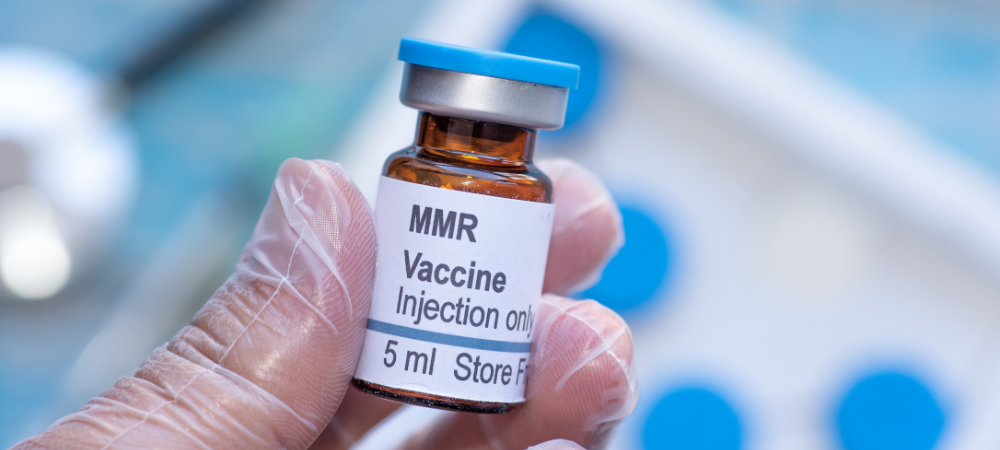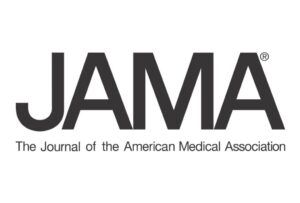
Vaccines are a safe and effective way to prevent harmful diseases. Vaccines help our bodies build resistance to specific infections by activating our natural defenses.
A vaccine is a medical product that usually contains a harmless part of the germ, which triggers the body to make antibodies. When we receive a vaccination, our immune system is trained to make antibodies, as it does when we are exposed to a real disease.
About Sepsis and Vaccines.
Sepsis is a life-threatening condition that arises when the body’s response to infection cause injury to its tissues and organs. Sepsis can happen as a result of any infection. Any type of infection–bacterial, viral or fungal–can lead to sepsis. Vaccines not only safely and effectively prevent infectious diseases, in doing so they also protect us from the sepsis that can develop from the infection being prevented. These include influenza, pneumonia and meningitis.
The Role of Vaccines in Preventing Sepsis.
Many cases of sepsis are triggered by infections that are preventable through vaccination. By reducing the incidence of serious infections, vaccines can help lower the risk of developing sepsis
- Pneumococcal Vaccines: Pneumonia is a leading cause of sepsis. Vaccines that protect against pneumococcal bacteria help reduce the risk of developing infections that can lead to sepsis, especially in children and older adults.
- Influenza (Flu) Vaccine: The flu can lead to complications such as pneumonia, which can progress to sepsis. Annual flu vaccines play a critical role in preventing these complications.
- Meningococcal Vaccines: Meningitis caused by meningococcal bacteria can lead to sepsis. Vaccination is particularly important for adolescents and young adults.
- Measles, Mumps, and Rubella (MMR) Vaccine: Prevents measles, which can weaken the immune system and increase the risk of severe infections and sepsis.
- Other vaccines, such as those for Haemophilus influenzae type b (Hib), varicella (chickenpox), and COVID-19 and many others also contribute to reducing the risk of infections that could lead to sepsis.
Why Vaccines Matter.
Vaccines are not only for individual protection but they also contribute to community health by reducing the spread of infectious diseases. For people at higher risk of sepsis, vaccination is a simple but powerful step to avoid severe complications.
- Herd Immunity: High vaccination rates can help protect those who are unable to receive vaccines, such as people with specific medical conditions or very young infants.
- Reducing Antimicrobial Resistance: Vaccination reduces the need for antibiotics, which helps slow the rise of resistant bacteria-another challenge in managing sepsis.
Sepsis remains a critical health issue globally, but through prevention strategies like vaccination, we can significantly reduce the risk of serious infections that may lead to sepsis.



